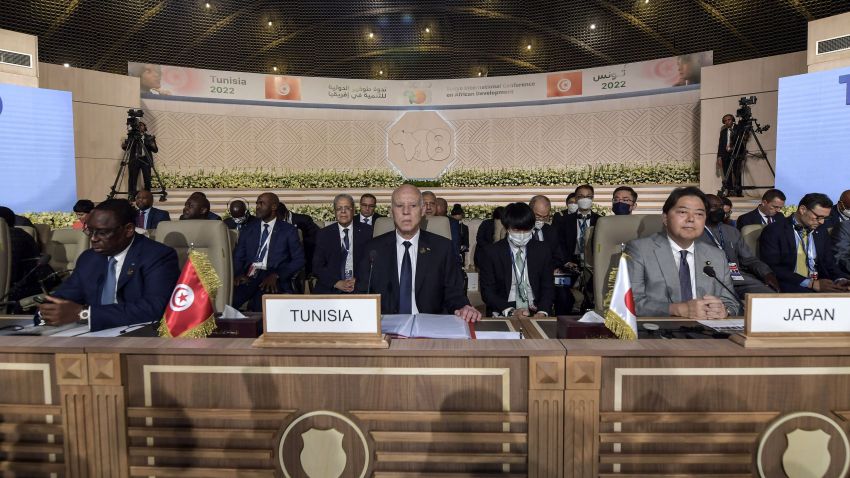The eighth Tokyo International Conference on African Development was held last weekend in Tunis, the second time an African country hosted TICAD, as the conference is known, since it was inaugurated in 1993. The conference was attended by more than 20 African heads of state and delegates from nearly 50 African countries, as well as senior officials from key regional, continental and international organizations, including the African Development Bank, African Union, United Nations and World Bank. Japanese Prime Minister Kishida Fumio, who was scheduled to attend before testing positive for COVID-19, opened the two-day event with a video address pledging his commitment to a deepened partnership between Tokyo and its African partners.
This year’s TICAD gathering came amid wholesale transformations in international politics since the last conference was held in 2019. More than 6 million people have died as a result of the coronavirus pandemic, whose health, socioeconomic and geopolitical consequences the world continues to struggle with. Great-power competition between China and the United States continues to disrupt international commerce, while global interdependence is becoming increasingly weaponized. And the war in Ukraine has resurrected the specter of interstate conflict on the European mainland, deepening existing fissures in the global order while opening up new ones.
Closer to home, Japan is experiencing its worst coronavirus wave to date, as the country reported the world’s highest number of weekly cases during the week of Aug. 21, according to the World Health Organization. And the country continues to deal with the fallout of the assassination in July of former Prime Minister Abe Shinzo, a pivotal figure in contemporary Japanese politics under whom relations between African countries and Japan expanded to their current scope.

